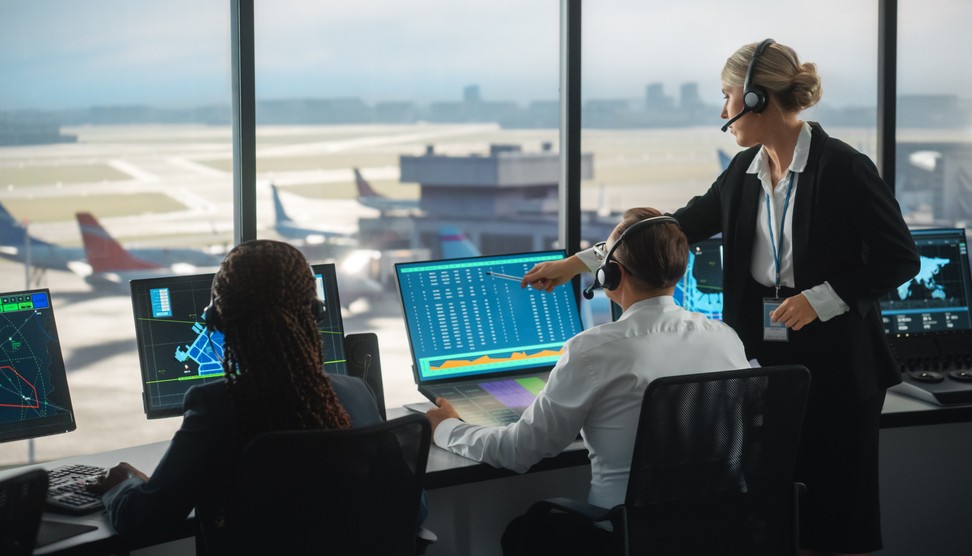As senior officials from around the world meet at COP30 in Brazil to discuss efforts to address the world’s growing environmental crises, in Europe the newly launched RefMap Platform is already poised to provide the aviation industry with the tools needed to go beyond the Paris Agreement, a key aim of the EU.
Funded by Horizon Europe and realised by a consortium of leading EU research institutions, the RefMap Platform integrates real-time environmental modelling, AI-driven trajectory optimisation, noise and air-quality analytics, and drone route assessments into a unified, multi-scale digital environment.
With the platform’s initial capabilities now mature enough to be explored and validated by experts, between mid-November and mid-December 2025, Future Needs, a partner in the RefMap Project, is running a series of Validation Workshops with key industry stakeholders.
Expected users of the finalised platform include airlines and air traffic controllers who will be able to plan climate-optimal routes accounting for both CO₂ and non-CO₂ warming and different levels of sustainable aviation fuels (SAF) while keeping operational cost increases manageable. The platform also provides tools for airports seeking to reduce noise exposure and local air pollution, and for drone operators and route planners designing low-impact flight paths in complex urban settings.
“Aviation’s environmental transition cannot be driven by technology alone — it also needs viable business models and real-world adoption,” said Anna Palaiologk, founder of Future Needs. “The RefMap Platform gives us the scientific tools to understand climate, noise and air-quality impacts in unprecedented detail, but it is the engagement of airlines, airports, drone operators and regulators that will turn those insights into real change.
“RefMap integrates climate science, trajectory optimisation, noise modelling, air-quality analytics and U-space research, supported by High-Performance Computing (HPC) and advanced Artificial Intelligence (AI) capabilities, into a single operational platform,” said Dr. Sotiris Xydis of the Institute of Communication and Computer Systems of the National Technical University of Athens.
“Aviation’s climate impact is complex, extending far beyond CO₂ emissions, and operators need tools that can handle that complexity without slowing down operations. Our goal has been to build a scalable platform able to fuse and visualize scientific insights from these domains and ready to complement real-world air traffic management and airport systems.”
This integrated approach is essential to ensuring that aviation can continue to support economic prosperity. According to Airbus’s latest Global Market Forecast, global air-traffic demand is expected to grow by around 3.6% per year over the next two decades, driven by population growth, rising incomes and expansion in emerging markets. Without innovation and regulation this growth risks being undermined by escalating environmental impacts.
The RefMap Platform provides practical tools to help realise the EU’s more ambitious environmental targets and set the benchmark for global efforts.
For more information
(Image: Shutterstock)




